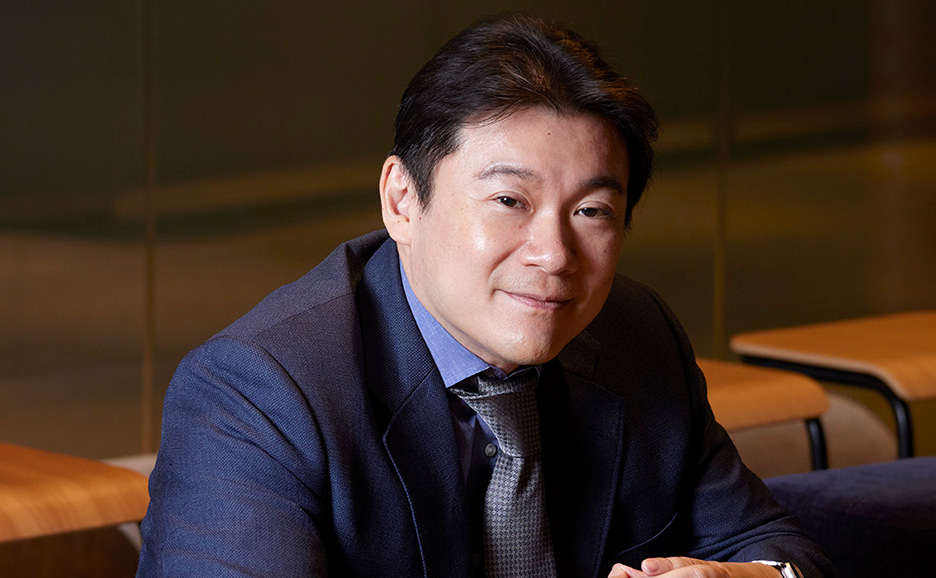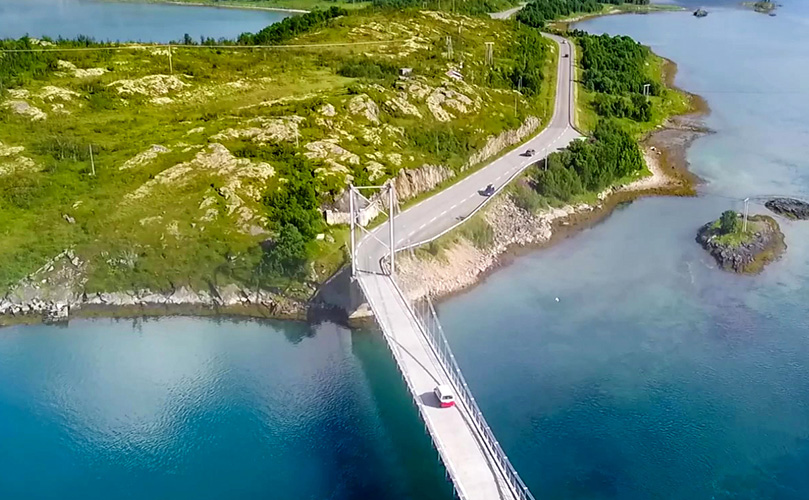Fujitsu Joins COP28 to Share Its Vision for a Decarbonized Society

Article|2024-02-27
5 minute read
During the 28th Conference of the Parties to the UN Framework Convention on Climate Change (COP28), which took place in Dubai, the United Arab Emirates (UAE) from late November through mid-December 2023, Ichiro Aoyagi of Fujitsu’s Global Business Solutions Business Group participated in a panel discussion at the Japan Pavilion. During the engaging discussion he highlighted the urgency of achieving a decarbonized society and noted that “we need to collaborate and we need to share a common vision with multiple organizations.”
Fujitsu joins the conversation about shaping a better future
As one of the world's leading oil producers, the UAE was a striking setting for a gathering of world leaders to discuss pressing topics including climate action and energy, as well as global health and peace.
Issues surrounding fossil fuels were a major focus of the conference—notably, extensive discussions led participant nations to agree to an eventual elimination of fossil fuel usage. Ambitious targets were set to aid in achieving this goal: a threefold increase in renewable energy production and a doubling of energy efficiency worldwide by 2030.
During the various discussions held during the session, participants voiced opinions about climate action being long overdue and requiring swift action, and how essential it is to move away from existing ideas and assumptions and look at the problem holistically, not just individual parts.
The COP28 Japan Pavilion played host to a seminar entitled "Working Together to Achieve a 1.5°C Sustainable Decarbonized Society" on December 5, which included speakers from private companies, local governments, and foundations. Ichiro Aoyagi who heads Fujitsu Uvance, a business model for tackling societal issues, attended the meeting and presented his views on climate change and the countermeasures Fujitsu is taking.
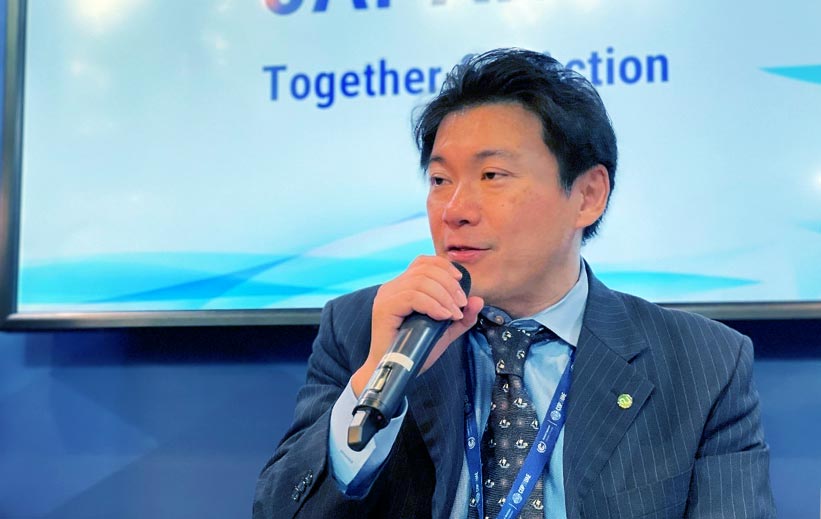
First, Aoyagi talked about Fujitsu's goal of reducing greenhouse gas emissions, which he called "ambitious." Fujitsu aims to reduce greenhouse gas emissions associated with its business activities (Scope 1 and 2) by 100% by fiscal 2030, and to achieve net zero emissions for the entire value chain (Scope 3) by fiscal 2040.
“As for the 2040 goal which includes Scope 3, it is important to involve all of the members of the supply chain on this journey,” he pointed out. “We’ve been working on tracking and reducing greenhouse gas emissions within the entire supply chain. We’ve announced our pilot project along with the World Business Council for Sustainable Development (WBCSD), which is a carbon transparency program. We collected all data across the supply chain made calculations to determine where greenhouse gasses exist in our supply chain and where to take action.”
Organizations must collaborate to bring about a decarbonized society
The discussion also focused on what policies to expect from national governments. The speakers expressed their views that the government should present a long-term vision, such as "When governments define their future prospects and paths, and when to spend money and invest more clearly, companies can confidently chart their future strategies."
"At COP28, almost every session is talking about actions and collaborations. The core part is: how do governments allow the private sector to take action quickly without being bombarded with regulations that differ country by country and industry by industry," Aoyagi says. "At Fujitsu, we would like to drive a circular economy, and we believe that data transparency and trust is important. Everyone talks about technology adaptation and AI, but in the end, if the data itself is not trustworthy, what can technology do? Nothing. We need to harmonize data with different countries’ regulations and around CO2 emissions. I think that’s the most important thing. How can we lower the barriers so companies can take action and build a foundation for data trust? I think that’s what governments can do."
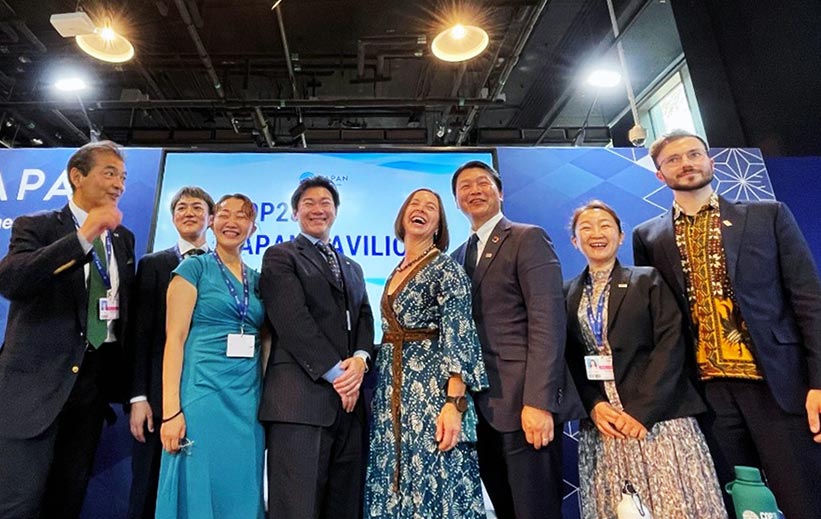
At the end of the panel discussion, Aoyagi’s final message to the audience was that "It is important to unite on hope."
"We need to collaborate, and we need to share a common vision with multiple organizations—private sector, governments, intellectuals, academics. I like the phrase, “Hope for the best and prepare for the worst.” Hope is what matters most. If there’s no hope, there’s no meaning in doing this. So, not only focusing on the worst-case scenario, sometimes I’d like to share the vision of hope about what we can achieve and the good side of what we’re doing as a Group."
After many discussions at COP28, Aoyagi reiterated his stance that it was important for organizations to collaborate.
"There is a limit to what one company can do to solve societal problems,” he believes. “It is important that multiple organizations work in solidarity. Fujitsu will take the lead in creating a consortium-like organization to work together with like-minded companies for a hopeful future."
Ichiro Aoyagi
SVP / Co-Head of Solution Service Strategic Unit, Fujitsu
Ichiro Aoyagi joined Fujitsu Limited in 1998, after working at Matsushita Electric Industrial Co., Ltd. (now Panasonic). In April 2020, he assumed the position of Head of the Digital Experience Platform Business Unit, launching data businesses such as data analytics and blockchain. From April 2022, as Vice Head of Fujitsu Uvance Unit, he led initiatives aiming to solve social issues globally. He has held his current position since April 2023.
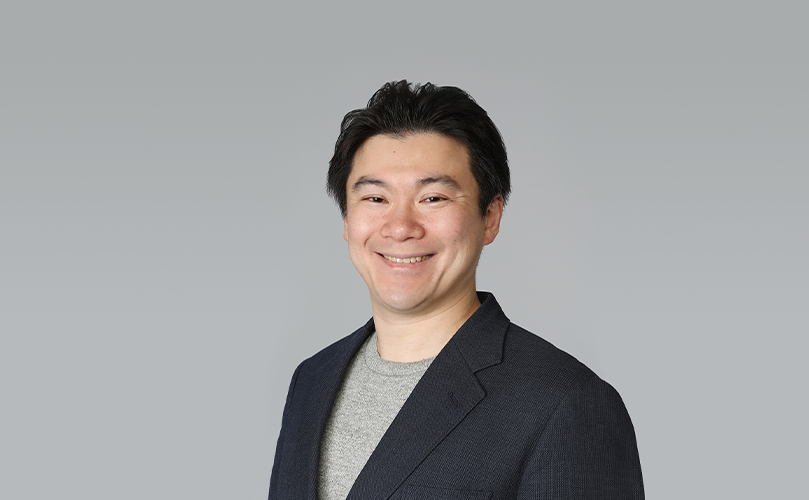
Sustainability Transformation for our planet
How do we go from forward thinking to generational thinking?
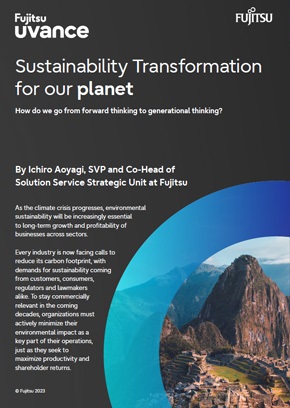

Related Information
Fujitsu embarks on digital collaboration with WBCSD for carbon neutral transportation

Being bolder: Why leaders must drive sustainability transformation to address the climate emergency
